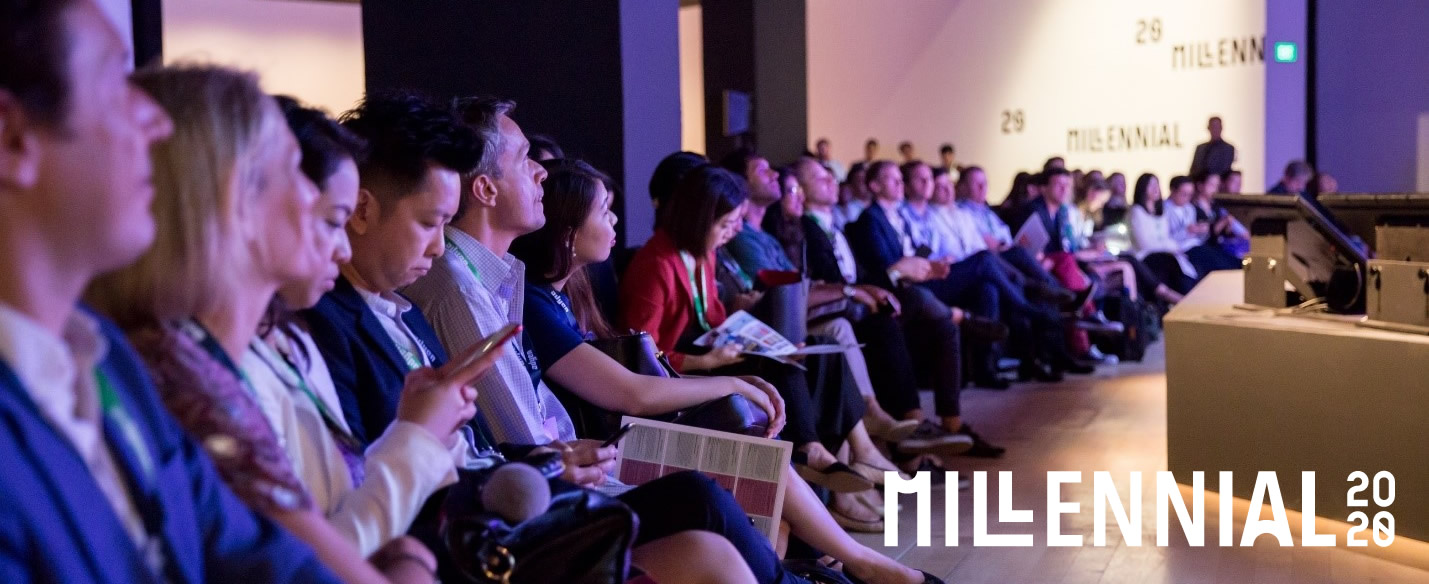Millennials have a knack for spending money, thinking about the consequences later and throwing their money to big brands for ridiculous prices. It begs the question, where are we really putting our money?
We all know we have to make money to survive (eat smashed avo, drink lemon water, etc). However, this money usually burns a hole in our pockets before you can say ‘smashed avo’.
The Millennial 20/20 Summit shared millennial insights, providing the basis and fundamental knowledge to understand why millennials purchase these brands and how organisations can create better relationships with this significant portion of the consumer market.

One panel discussed the question of ‘where millennials are putting their money’. It focused on the experiences of millennials with brands, the housing market and of course, everyone’s favourite millennial staple, avo toast. With speakers from Afterpay, GetYourGuide, Undercurrent and Pedestrian.tv weighing in on the growing niche market of smashed avo toast eaters, the talk was insightful.
Millennials want a genuine connection with a brand, which is encouraged by a good brand experience and the forging of a relationship between themselves and that brand. They seek authenticity in their impression and experience with the brand. Nick Molnar (co-founder and CEO of Afterpay) mentioned that millennials are vocally loyal and want to share something that deserve their rapport, which makes the creation of this consumer experience so much more valuable.
Molnar also revealed that “millennials are spending money they have already earned” with 85% of transactions completed using debit. This is why Afterpay is so extraordinary; it allows freedom and flexibility (which millennials LOVE). The idea of this flexibility is on the rise as well as ‘freelance culture’, not only freelancing in traditional terms, but freelancing in everyday life. This can be renting instead of paying off a mortgage. With professions becoming so interchangeable and the housing market fluctuating, it is easier and more convenient for millennials to rent rather than settle down in one place. Permanency does not seem to be a goal, nor reality, for millennials.

Instead of ‘wasting’ their pay slips on a mortgage, millennials value experiences such as travel. In this way we can see that millennials not only thirst for flexibility, but also have short attention spans. This can create difficulties for brands attempting to make genuine connections with millennials.
How do brands weigh in on this new phenomena? Jenenne Willis, the Artistic Director for Swell and Undercurrent, alluded to a new idea which has been found through innovative marketing and advertising strategies. This is the experience economy,which has a strong correlation to brand equity.
This niche of millennials (not just the age group but the psychographic identity) are focused on their wants. They desire brand experiences which are meaningful and valuable, resulting in purchases and exchange. Millennials like this idea of authenticity and transparency between themselves and brands to create their own stories and relationships.
By honing in on this niche market, brands are able to gain key insights into their audience and engagement more so than when they’re appealing to the masses. This group doesn’t eat avo on toast because they like the taste, they like the authenticity of going to their favourite place to eat this brekky.


